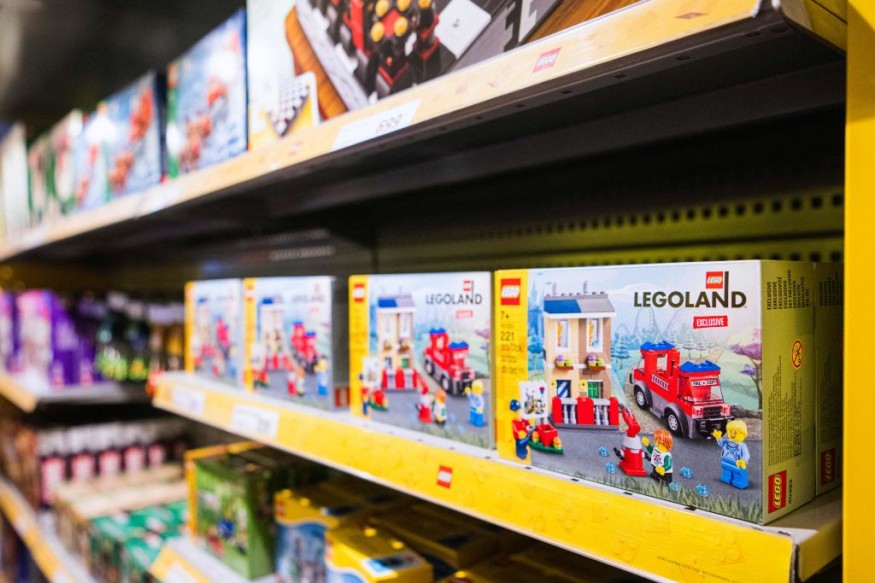
LEGO brick manufacturing from recycled plastic bottles has been abandoned because it could not achieve its carbon emission reduction goals.
The company will keep looking for sustainable alternatives.
No More Brick From Recycled Plastic Bottles
LEGO scrapped plans to produce its well-known bricks from recycled plastic bottles, claiming that the manufacturing process would prove more environmentally damaging than the way the bricks are now made, which is from oil.
After testing recycled polyethylene terephthalate (PET) for years as a more environmentally responsible substitute for the acrylonitrile butadiene styrene (ABS) it uses in the majority of its toys, LEGO reached the choice.
The toymaker showed a prototype PET-recycled brick two years ago as part of its commitment to using entirely sustainable materials in its manufactured goods by 2032.
The plastic comes from soda or water bottles that are often used.
However, since then, LEGO has discovered that producing bricks from recycled material would necessitate purchasing new machinery and entail more procedures, which would ultimately result in higher levels of planet-heating pollution than the current practice, a company representative said.
The decision by LEGO highlights the difficulty businesses confront in trying to modify their processes and products in order to address the climate crisis.
After over three years of testing, the company opted against moving further with the production of recycled PET bricks because it was discovered that the material did not cut carbon emissions.
Testing revealed that the recycled plastic was not as strong and secure as ABS and lacked the substance's "clutch power," which allows bricks to adhere to one another and be easily torn apart, the representative added.
LEGO asserted that it is entirely dedicated to producing sustainable materials for LEGO bricks by 2032 and is not giving up on its mission to produce oil-free building blocks.
The company has examined hundreds of materials as potential ABS substitutes, the representative claimed, with recycled PET being just one of them.
LEGO plans to cut its carbon emissions by 37% from 2019 levels by 2032 as a result of the testing.
Sustainability Efforts From LEGO
Despite an 8% increase in production, LEGO is on track to meet its 2023 target for carbon emissions, with carbon reduction initiatives including increased solar energy production at their factory sites and continued emphasis on energy efficiency efforts, such as upgraded and more precise temperature control throughout all buildings at their factory in Monterrey, Mexico, that allow them to consume less energy as possible.
The business is making headway toward its goals of using more environmentally friendly packaging and getting rid of single-use plastic from LEGO boxes towards the end of 2025 and this company has been using paper-based bags instead of plastic pouches in LEGO boxes throughout Europe during the first half of 2023.
For the next two years, LEGO said it will continue to be actively investing in new packaging machinery to support the global roll-out.
Sustainability Targets in the US
After rejoining the Paris Agreement, the government has established a National Climate Task Force, to work on sustainability goals including greenhouse gas emissions reduction, 100% carbon-free electricity, a net-zero economy, as well as clean energy for disadvantaged communities.
Related Article : Sustainable Energy From Extinct Underwater Volcano Zuidwal Could Bring Heat to Netherlands Homes
© 2025 NatureWorldNews.com All rights reserved. Do not reproduce without permission.

